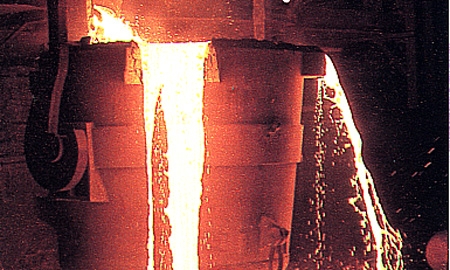Whereas 10 years ago, Turkey ranked sixth in Europe and 17th in the world, today the industry stands second in Europe and 10th worldwide. Namik Ekinci, chairman of the board of the Steel Exporters’ Association and CEO of Ekinciler, one the largest Turkish producers and exporters of long steel products, believes that the iron and steel industry’s contributions to the economy may play a vital role in helping Turkey achieve its Vision 2023 of becoming a top 10 global economy.
The iron and steel industry was liberalised nearly 30 years ago, along with the majority of Turkey’s economic sectors, and has witnessed both tremendous growth and a change in philosophy.
“Turkey was hungry for success,” recalls Mr Ekinci. “Increased production capacity created a momentum for foreign trade and for opening up to the other markets.”
The country’s total steel export value is expected to reach $16 billion (£10 billion) this year, up 20 per cent compared with 2010, owing in large part to an apparent growth in crude steel production capacity, recovery in international markets, and increasing product prices triggered by the rising cost of raw materials.
| ‘OUR CAPACITY CREATED A MOMENTUM FOR FOREIGN TRADE AND OPENING NEW MARKETS’ |
All members of the Steel Exporters’ Association boast ISO9001 certification and their steel products are renowned throughout Europe for their high quality. Mr Ekinci explains that producers buy scrap from the US and Europe. They then transform it and send it back as exports to the same countries. Not having the natural resources at their disposal may appear to be a disadvantage, but through the stability of trade and commerce with countries that demand such high standards in iron and steel products, the association’s members have continuously and confidently produced high quality products.
Maintaining high standards does not come cheap, however; of the 25 million tonnes of scrap iron consumed in Turkey, just 6 million come from Turkey while the rest is imported. “This means we lag behind our competitors in terms of cost,” says Mr Ekinci. “In order to deal with this disadvantage we try to concentrate more on high technology and produce low-cost products at high quality. To be able to achieve this we have to keep our profit margins quite low.”

0 COMMENTS